Indigenous, Traditional and Tribal Peoples
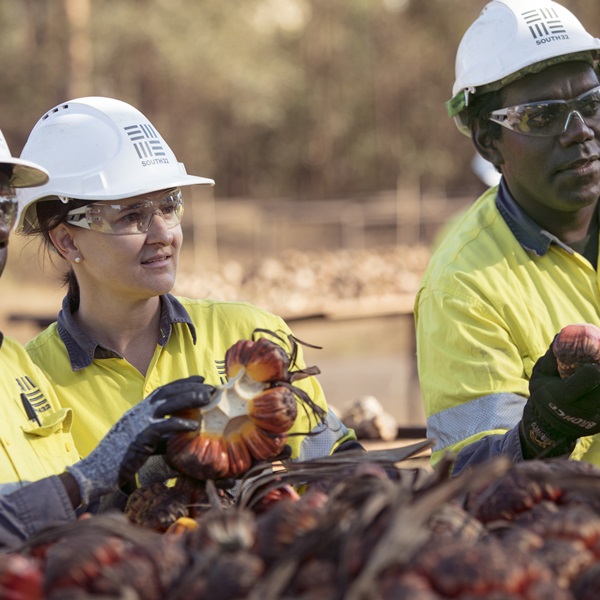


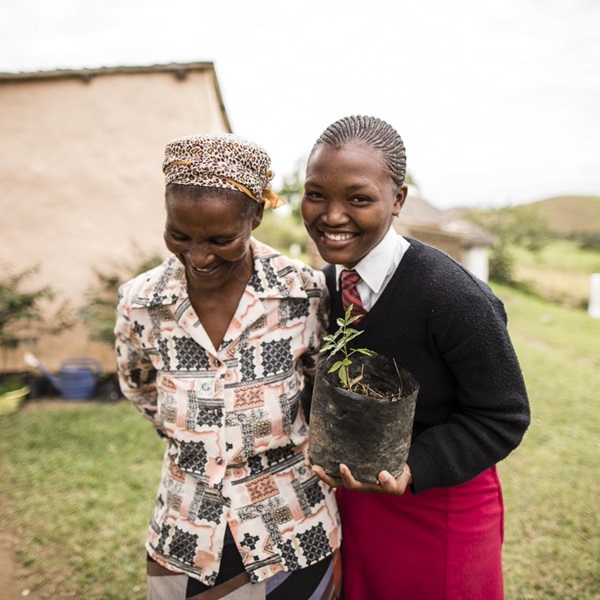
We are a global business with a local focus. We engage with stakeholders, including local communities, to understand their aspirations, interests, expectations and concerns, and to work towards the creation of shared value.
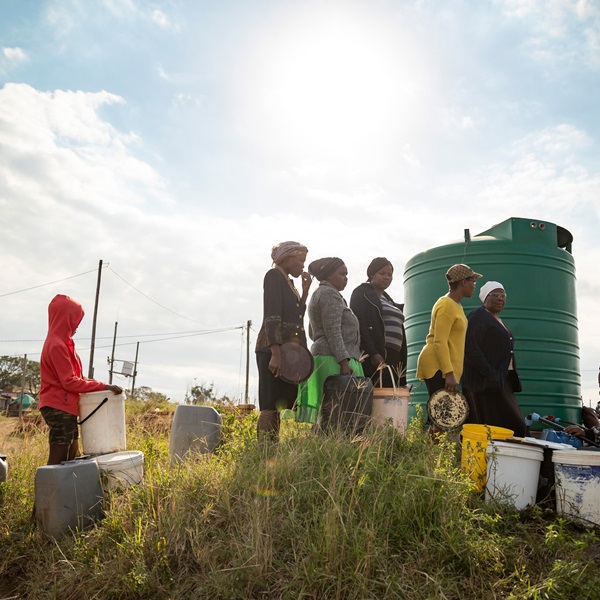
We aim to contribute meaningfully to the social and economic development of the countries and communities where we operate. We seek to do this through the taxes and royalties we pay, employment opportunities we create, suppliers we work with, and social investments we make.
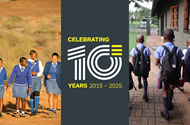
‘10 for 10’ – our winning community causes announced
As South32 marks 10 years of operations, we’re taking this milestone as an oppor...
More
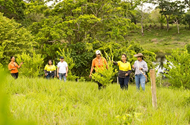
Cerro Matoso building community partnerships
Five years on from reaching agreements and ongoing engagement with local communi...
More

Contributing socio-economic value at Hermosa
Hermosa is helping grow and diversify the local economy by creating the highly s...
More